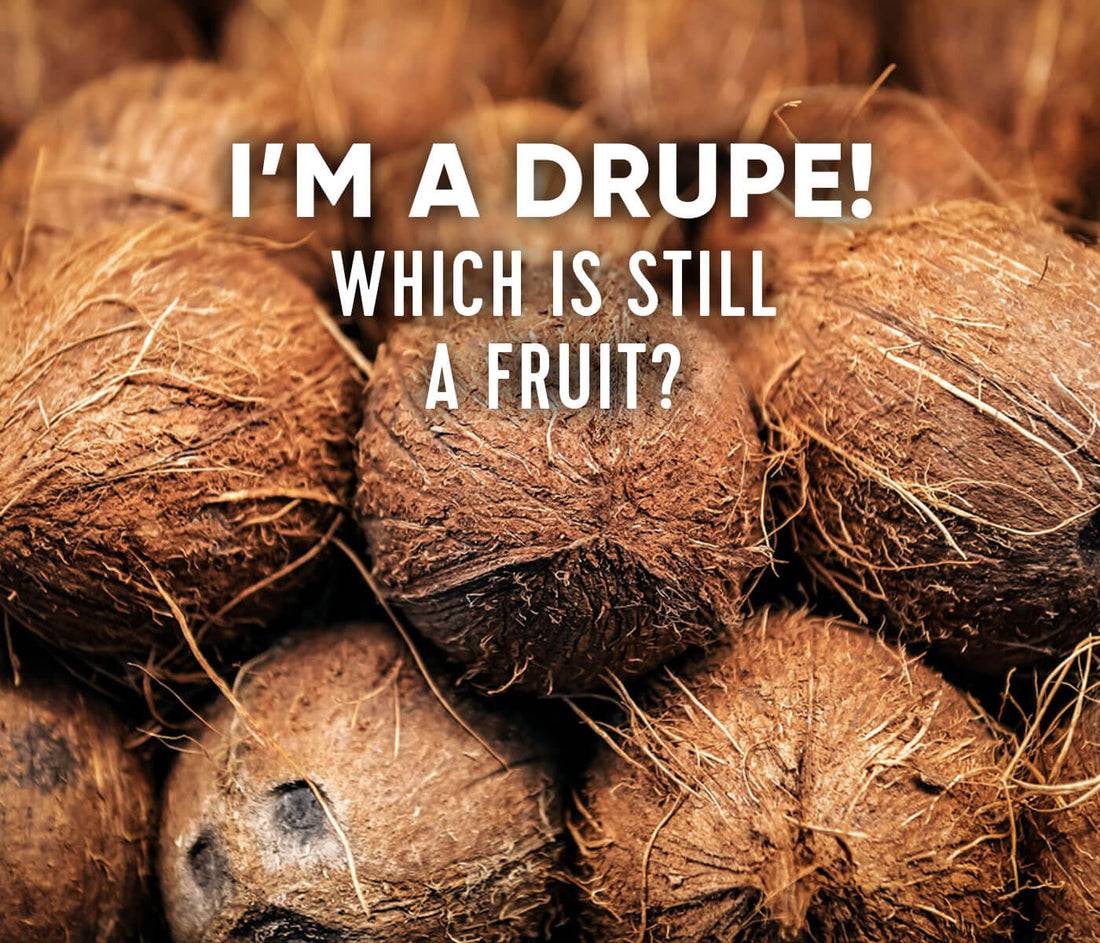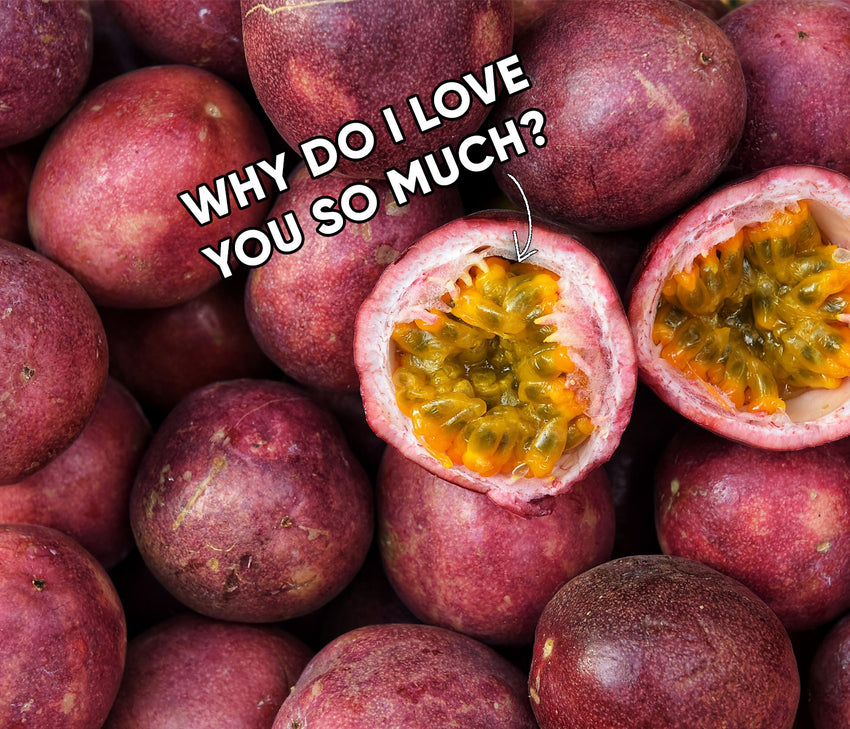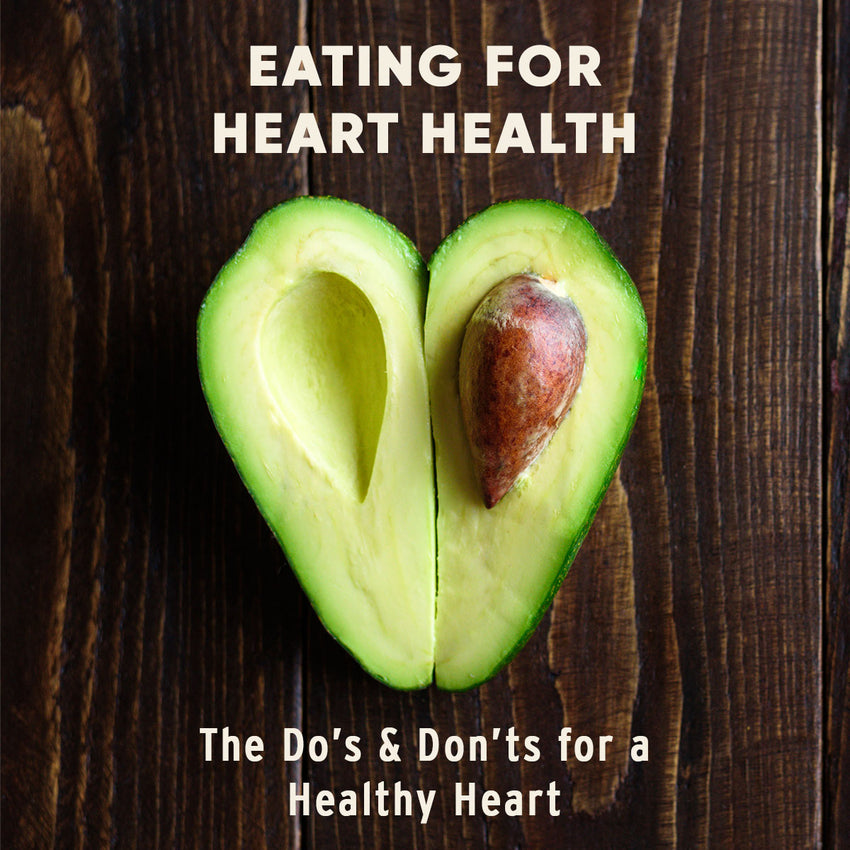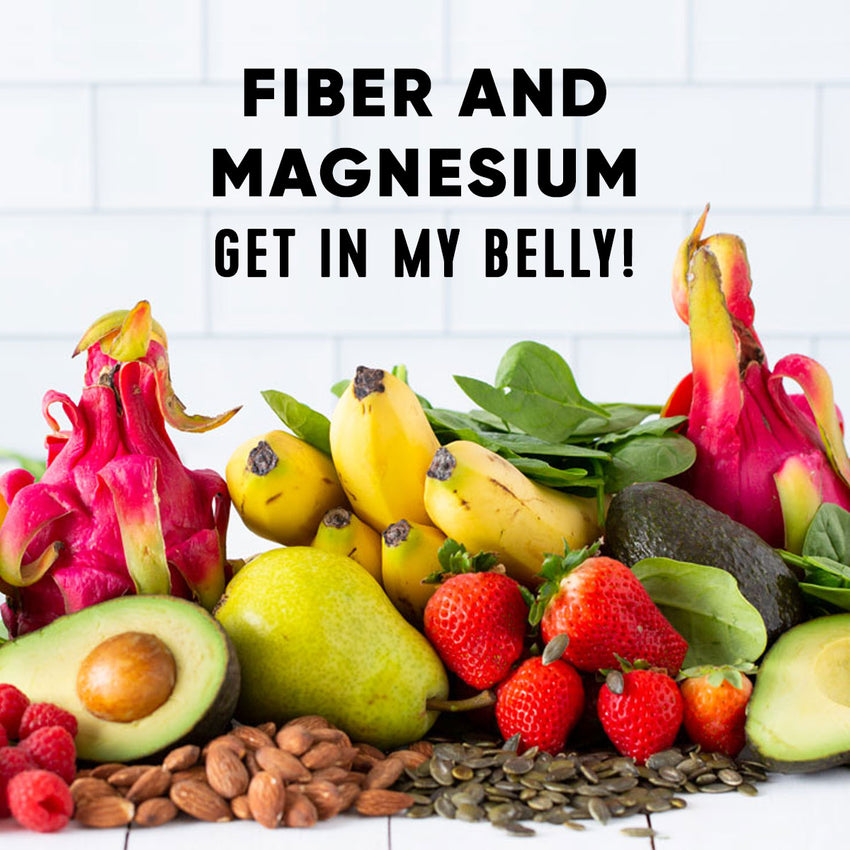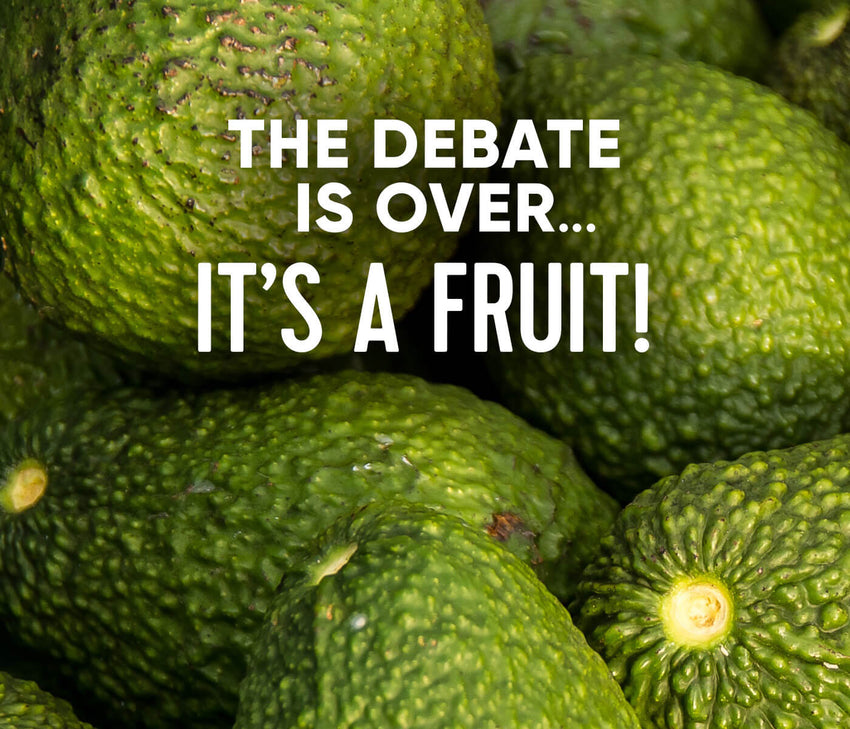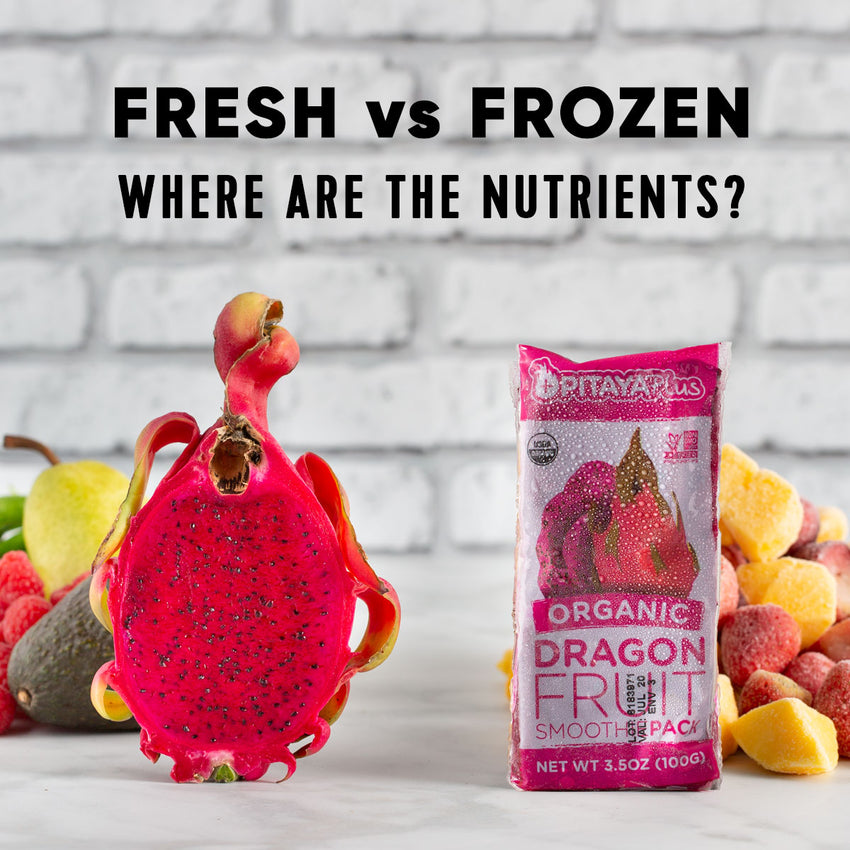Coconut: Benefits, Uses, and Nutritional Importance
Coconut is a popular health food touted for its excellent nutritional profile and positive effects on the body. But what benefits does it provide? Is it a nut or a fruit? How can I eat it? Scroll down, and let's learn more.
Is Coconut a Fruit?
Despite its name, coconut is a fruit - not a nut. It falls into the category of drupes, which are fruits with a fleshy inside that’s fit for consumption, surrounded by a hard outer shell. In this case, a fibrous husk shell.
Originating from the Coconut Palm (AKA cocos nucifera), this palm thrives in the tropics, spanning Southeast Asia, Australia, India, Africa, South America, the Caribbean, and southern regions of the United States.
Because of its rich nutritional profile, various health benefits, and versatility, you can find coconut in many products all over the world.

Coconut Benefits
1. Rich Nutritional Profile
Despite being a fruit, it doesn't have your typical high-carb nutritional profile. Instead, it primarily provides healthy fats necessary for hormonal health, nutrient absorption, and cell protection.
The saturated fats found in this fruit are primarily medium-chain triglycerides, or MCTs, for short. Research suggests that the body can more rapidly use MCTs for energy by absorbing them directly from the small intestine.
It's also rich in manganese, a mineral with numerous vital functions, including supporting healthy bones and nutrient metabolism.
Other minerals include selenium, iron, copper, phosphorus, and potassium.
2. Potential Blood Sugar Benefits
Coconut's nutritional profile makes it a slow-digesting food. Specifically, this fruit is low in carbs but rich in fiber and fats. These nutrients are digested more slowly and can delay gastric emptying (the speed with which food leaves the stomach).
As such, even if you have some carbs alongside (say, other fruits like bananas), it may take longer for the glucose to enter your bloodstream. This may help reduce energy spikes and crashes.
3. Rich in Antioxidants
Raw coconut meat (the fleshy part of the inside shell) is rich in phenolics, which are antioxidants that protect healthy cells in your body from oxidative stress.
According to research, phenolics can reduce the impact of reactive oxygen species (ROS). If left to their own devices, ROS can cause stress, increase the risk of chronic disease, and accelerate aging.
4. Antibacterial Effects
In addition to its antioxidant properties, it has also been shown to possess antibacterial effects.
Limited research suggests that consumption of this fruit can limit the growth and spread of certain bacteria strains that are linked to illness.
For instance, data shows that olive oil can limit the spread of Staphylococcus aureus, a leading cause of skin and soft tissue infections.
5. It Comes in Many Forms
This fruit can be hard (literally) to use. Plus, they are somewhat expensive and not always available.
That said, eating coconut to enjoy all the associated benefits is easy with all the different options below:
- Coconut oil - ideal for cooking, baking, and moisturizing your skin
- Coconut water - it has a nice taste and keeps you hydrated
- Coconut milk - use it for cooking (especially desserts)
- Coconut flour - a good gluten-free alternative to regular flour
- Shredded coconut - a nice topping for desserts and oatmeal
- Coconut Smoothie Packs - a frozen puree of water and meat in one frozen serving (we had to plug in our own coconut product haha)

Summary
As you can see, coconuts are nature's little miracles packed with so many delicious health benefits. So, it was a no-brainer to work with farmers down in Nicaragua to make organic coconut smoothie packs. We hope this article gave you some good information on how amazing this fruit is and that you check out other articles we created.
